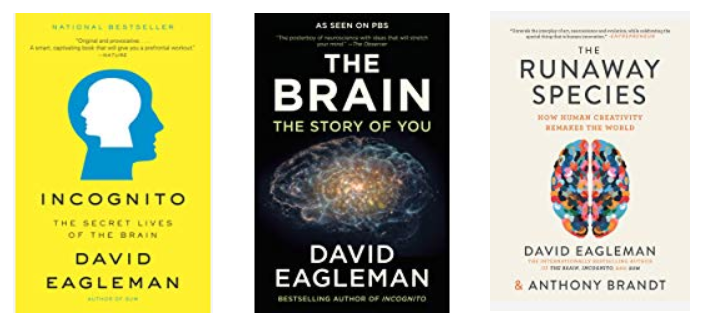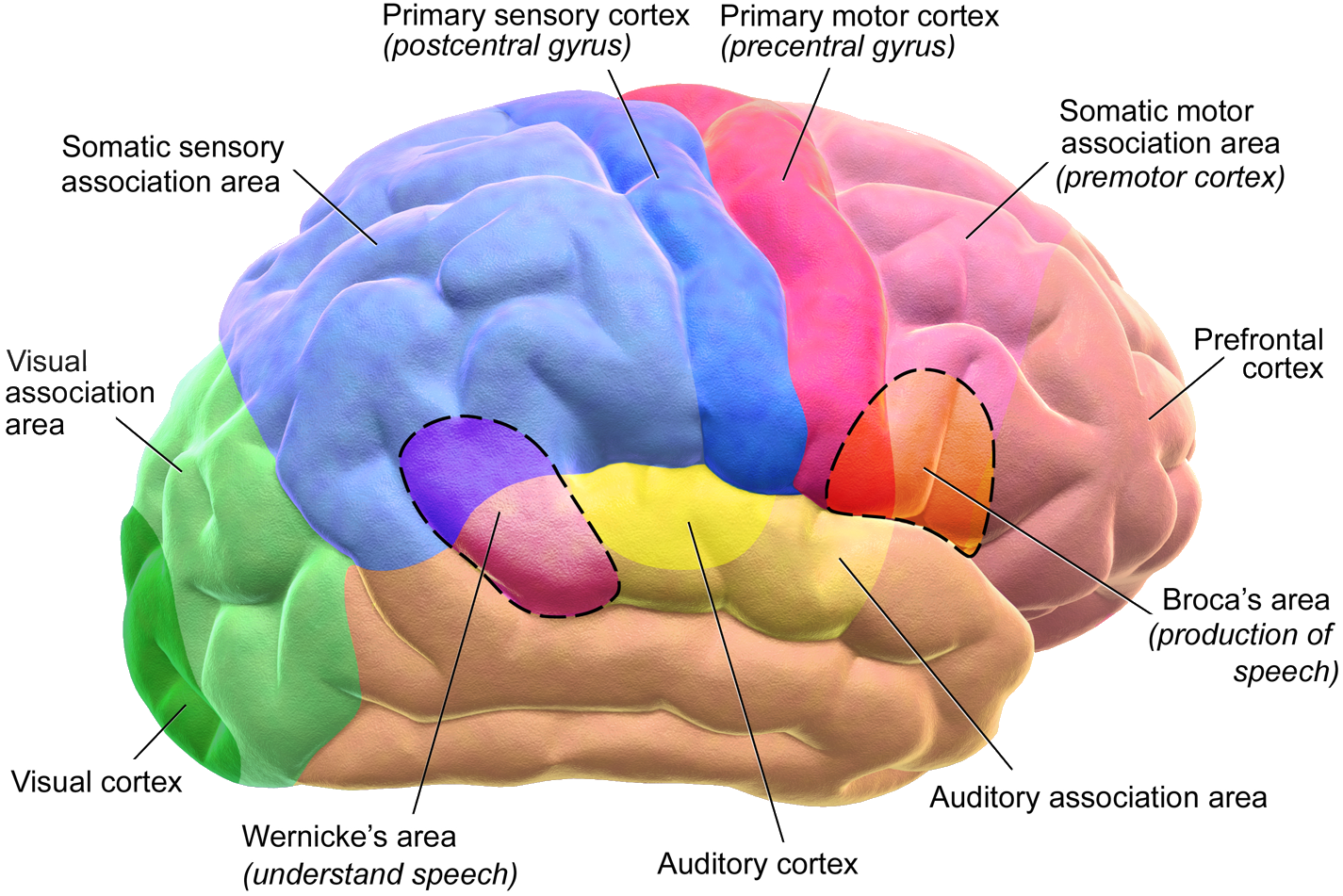How To Slow Down Time and Live Longer
 “They sure grow up fast, don’t they?”
“They sure grow up fast, don’t they?”
“The older you get, the faster time flies.”
“You can’t slow down time, so treasure your days because they’ll be gone before you know it.”
We’ve all heard these thoughts, often from the parents of grown children. If you’re part of the older and wiser population, you may have even spoken similar words yourself. And if you’re younger, you may have felt fear well up in your heart as your elders dropped this bit of Bummer Wisdom upon you. The Inevitability of Life Racing By.
But your fear is unfounded.
Because somehow, I seem to have stumbled upon a workaround to the problem of life being too short, and instead I find myself existing in a different universe of Vampire-like perpetual renewal and the feeling of youth. While other parents of almost-thirteen-year-olds claim the time has gone by in a flash, I feel I’ve had my own son for at least 30 years.
And those same thirteen years since I retired from real work have also been packed with an almost inconceivable variety of experience. Adventures in business, travel, relationships, weddings, funerals, adventures, injuries, growth, definitely at least the recommended minimum dose of pain, but a much bigger amount of joy.
Reflecting back on it all always leaves me shaking my head in a smiling disbelief and muttering at least one involuntary “ Holy Shit. ” I feel like I have lived an entire human lifetime, or maybe even more than one, in just the years since I hung up the keyboard and walked out of that cubicle.
I look at this strange development with great gratitude. After all, if we are going to assign any purpose to our lives, it’s probably something like “Make the most of the time you are here, and try to do some good while you’re at it.”
So if I feel like I’ve already had a spectacular amount of time and Made the Most of It, you can imagine how lucky I feel to still have so many more decades worth of it potentially still in the tank!
What do you think could be going on here?
As it turns out, I am not the first one to wonder this. And there is some real science that connects a Mustachian Early Retirement to a life that feels much longer and more full, even before we get into the reasons you will probably literally live quite a bit longer as well. The key to this is in the way we perceive the passage of time.

Figure 1: Some of Eagleman’s Intriguing Books I’ve read (click for more.)
A few years ago, I stumbled upon the work of the modern-day Indiana Jones neuroscientist/author/adventurer David Eagleman, immediately developed a Man Crush and started working my way through his books and interviews. It was exactly what I was looking for at the time: a bigger picture on why our brains behave the way they do in many different realms of being alive: emotions, decision making, happiness, and of course our perception of time.
Like many people who were born with an engineering side to their brains, I sometimes feel like I’m standing with half my body outside of the human species, observing with Vulcan-like amusement how crazy we all are, and the other half firmly inside it, being whipped around by all the same joyful and tumultuous and passionate and irrational emotions as everyone else. So it can be very satisfying to try to put it all together, by embracing all that humanity but also understanding it from a bigger perspective. Books like Eagleman’s are a lot of fun and useful in that regard.
So by reading books like Incognito and The Brain (along with this interesting profile on him in the New Yorker), I was able to learn a lot more about the nuts and bolts of my own existence as a creature, which I find is a very useful antidote to prevent me from taking myself and my moods too seriously as a person. And it also helps me get the most of the gigantic arc of a human lifespan with all of its details, without getting too hung up on whether I’m “doing it right” or fussing about our inevitable mortality.

This is your brain on MMM
That compact but powerful brain of yours is more than just your thinking appliance. It’s your entire world, because it controls every bit of your interaction with the world, plus the way you feel about it. And one of its trickiest roles is in sucking up and storing every experience you ever have, and filing those experiences away so that you can recall the most important ones, all while leaving you able to focus on immediate tasks without becoming completely batty from this ever-growing pool of past experiences.
So the brain uses a few tricks in order to keep you sane. And the best way to sum up its approach to things is this:
To focus on the novel and important-seeming things, and mostly ignore everything else.
We’ve already covered the remarkable subject of human habits , where we learned that our brains tend to click us into little autopilot routines whenever possible to avoid the strain of puzzling consciously through every single moment, of every single day.
So an average person might go through routines like …
“get out of bed” “make some coffee and breakfast” “get dressed up and drive to work”
… in an almost unconscious fashion.
Habits like these are convenient, but they can also compromise your full enjoyment of life. Because when you are running on autopilot, you are not forming nearly as many meaningful memories. And if you do it long enough, your brain will also start clumping entire phases of your life into individual thoughts:
“my childhood” “high school” “the college years” “those years I worked in Des Moines as a fertilizer salesman” “the baby-raising years” “my 25 year career as a Middle Manager in Megacorp” “my golf-and-TV retirement to a Florida condo”
If you look back at your own phases so far, which ones do you remember being the longest and most vibrant?
For most of us, it ends up being the ages from about 6 through 21, because these were the times of greatest change, learning, and new firsts in life. Then as we get older, we lock ourselves into family and work routines, including the most time-compressing of all: a multi-decade period of having the same house and the same career. The years go by, but significant new experiences become more and more rare.
Mustachianism (even if you are a long way from early retirement) is thus the perfect antidote to this, because I am always encouraging you to try new things and maintain an eye towards constant optimization.
With practice, you will let go of your natural fear of failure, and start thinking of everything as an opportunity for an experiment. Or as the great Bob Ross would put it, “There are no mistakes in life, just happy accidents.”
Although you will be fighting the very core of your Human nature with this activity, it’s a fight worth picking, because you are immediately rewarded with a life that is wealthier, more satisfying, more interesting, and one that feels much longer.
To put this philosophy into practice immediately, all you need to do is start throwing some changes into your daily routine. A few ideas ranging from beginner to expert:
Take a different route to work than you usually do, and a different route home. Pay attention to the new experiences you have on this journey. Shop at a different grocery store and get ingredients that you don’t usually get, in order to eat different meals than usual. Try breaking your usual morning routine by going out for a short walk before you have your breakfast and sit down for work. (I happened to do this today, and it led to me feeling great, and my walk turned into a run, and the added energy from that led me to sit down with inspiration to write this very article for you.) Find a way to meet a new person every week, or at least every month. People are the most powerful gateway to new memories and a longer, richer life. Switch roles in your company, or switch to a new job. Remove TV, news and social media from your daily routine or limit them each to five minutes per day. Then when you feel the inevitable pull to check in, use this as a “keystone habit” to grab your paper to-do list and start working on something from the list – even if it’s just ten push-ups, or picking up an old-fashioned paper book you are working through. Move to a new apartment or house that is closer to work and to worthwhile amenities like public parks and waterfronts. Start your own small business and begin building it up, embracing change and setbacks until you find something that is truly rewarding.
All of these things will shake up your life for the better, and they will restart the flow of new memories, waking your brain back up and extending your time of really being alive.
For my part, life keeps getting more varied with each passing year, and time keeps getting slower and slower. Here’s to you and I clinking our glasses together in the distant future, after several more centuries of the joyful Vampire-style youth that is early retirement.
In the Comments: what have your experiences been, with periods of your life where time has flown by, and others where your memories are particularly rich and detailed? And if you’re an early retiree, what has your experience been with the flow of time since you pulled the plug?
Selected quotes from the NY article that I liked:
“Clocks offer at best a convenient fiction, he says. They imply that time ticks steadily, predictably forward, when our experience shows that it often does the opposite: it stretches and compresses, skips a beat and doubles back.”
“When something is new or more emotional, the amygdala seems to kick into overdrive, recording every last detail of the experience. The more detailed the memory, the longer the moment seems to last. “This explains why we think that time speeds up when we grow older,” Eagleman said—why childhood summers seem to go on forever, while old age slips by while we’re dozing. The more familiar the world becomes, the less information your brain writes down, and the more quickly time seems to pass.”
 Lifehacker
Lifehacker